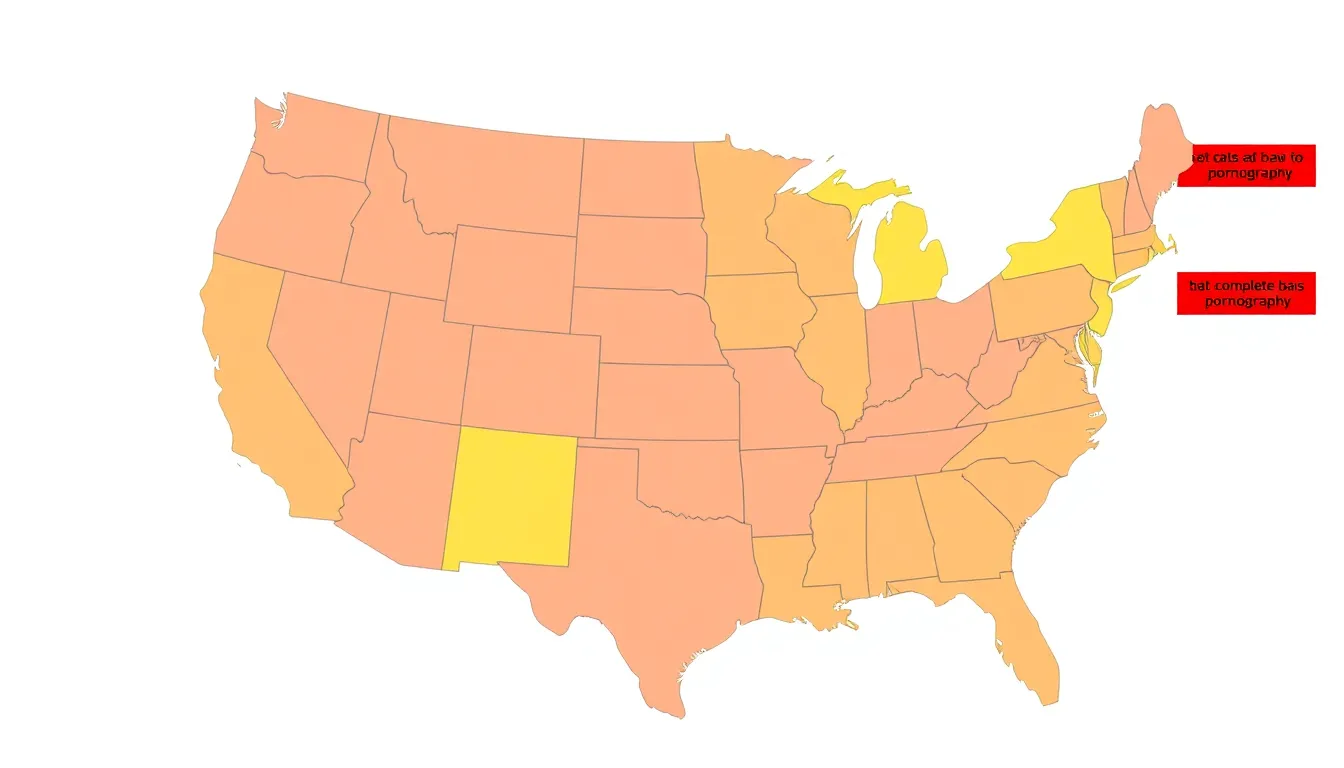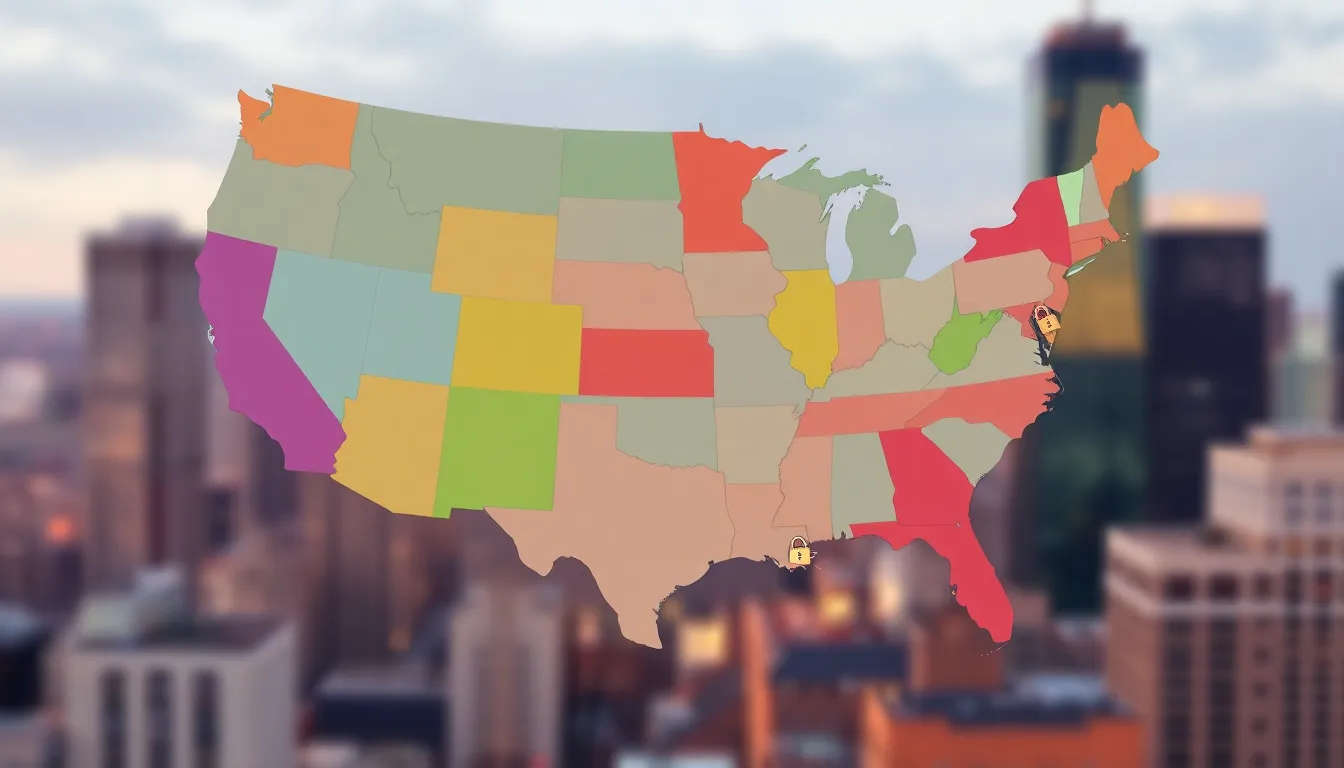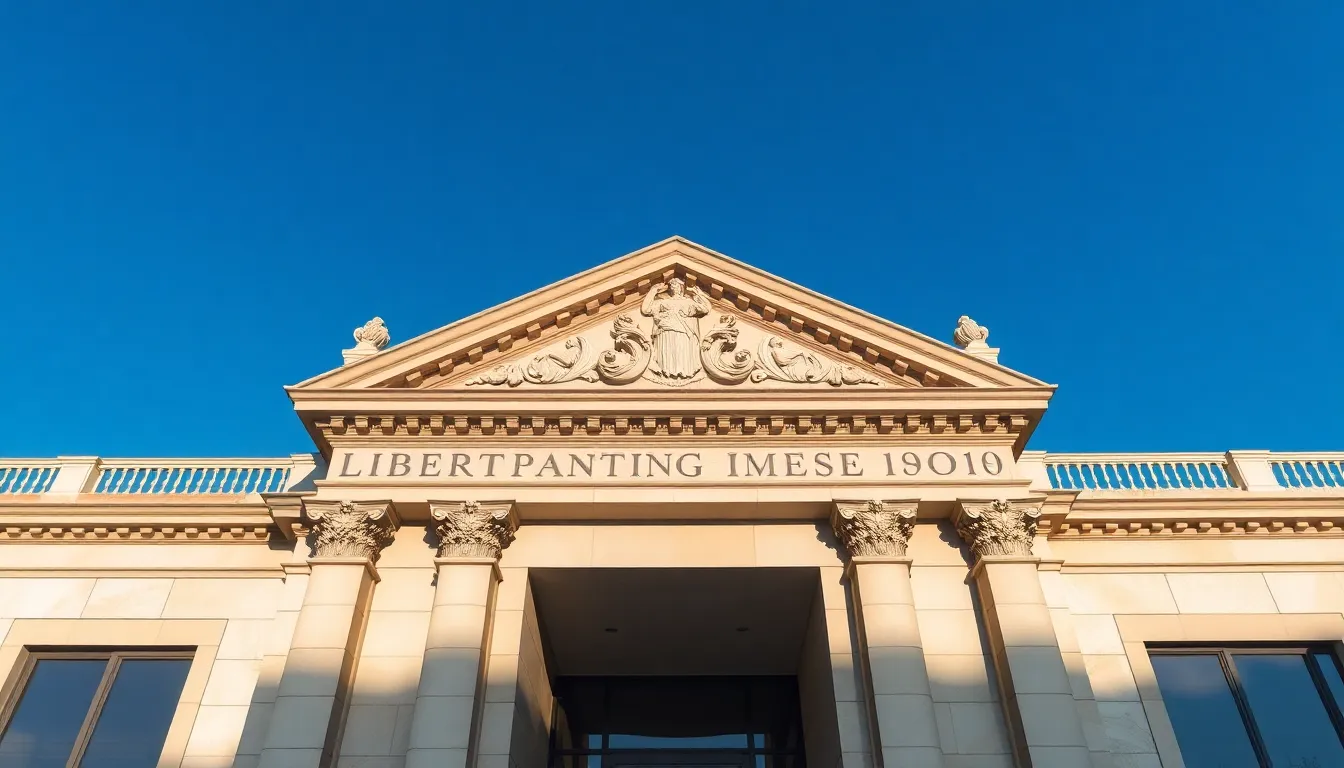Table of Contents
ToggleIn a digital age where access to information is at our fingertips, the regulation of adult content remains a contentious issue. While many states embrace the availability of online pornography, others impose strict bans, reflecting varying cultural and legal perspectives. Understanding which states have enacted these laws is crucial for anyone navigating the complexities of adult content access.
The landscape of pornography legislation is constantly evolving. Some states have taken bold steps to restrict or outright ban pornographic material, often citing concerns over morality, public health, and the protection of minors. This article delves into the states where porn is banned, exploring the reasons behind these laws and their implications for residents and visitors alike.
Overview Of Porn Bans In The United States
Pornography regulation varies significantly across the United States. Several states impose specific bans or restrictions on adult content, often citing morality, public health concerns, or protection of minors as justifications.
States with Bans
- Utah: Enacted a law targeting porn websites, requiring them to provide filters for minors.
- Mississippi: Bans adult content entirely, enforcing strict regulations under state law.
- Louisiana: Prohibits sexually explicit content, focusing on reducing accessibility for residents.
- Arkansas: Legislation mandates internet service providers to block pornographic material.
- Virginia: While not a complete ban, it has strict laws regulating the distribution of adult content.
Enforcement and Implications
Enforcement of these bans varies by state. Many states focus on legislative measures, while others rely on community reporting and education initiatives. The implications extend to residents and visitors, often resulting in limited access to online pornography.
Legal Considerations
Legal frameworks may challenge these bans, leading to ongoing debates in courts. Free speech rights often intersect with state interests, complicating enforcement efforts.
Understanding these state-specific regulations is crucial, as they influence access to adult content and reflect broader societal attitudes toward pornography.
States Where Porn Is Banned

Several states in the U.S. enact strict regulations on pornography, resulting in varying degrees of bans and restrictions. Understanding these differences is crucial for residents and visitors alike.
Complete Bans
Some states have implemented complete bans on pornography. Notable examples include:
- Mississippi: Enforces a total ban on access to all forms of adult content, making it illegal to distribute, sell, or possess pornographic material.
- Utah: While not a complete ban, it mandates that porn websites install filters to prevent access by minors, effectively limiting accessibility for all users.
- Louisiana: Prohibits the dissemination of sexually explicit material, targeting both online and offline platforms.
Partial Restrictions
Other states impose partial restrictions that regulate access to pornographic content without enacting complete bans. Key states include:
- Arkansas: Requires internet service providers to block pornography, significantly reducing access but not criminalizing possession.
- Virginia: Establishes strict regulations rather than a full ban, focusing on harmful content while allowing some adult material accessible to adults.
- Tennessee: Mandates age verification for online adult content, limiting ease of access but not outright banning it.
These bans and restrictions reflect ongoing debates about morality, public health, and the protection of minors, highlighting the multifaceted approach to adult content across the United States.
Reasons Behind Porn Bans
Various factors influence the implementation of porn bans across different states. Legal frameworks and social attitudes shape perceptions of adult content, affecting regulations on accessibility.
Legal Context
Legal considerations play a significant role in the establishment of porn bans. Many states invoke obscenity laws, rooted in the Miller Test, which evaluates whether material lacks serious literary, artistic, political, or scientific value. States like Mississippi and Louisiana rely on these laws to justify total or partial bans on pornographic content. The intersection of free speech rights and state interests often leads to judicial challenges, as courts navigate First Amendment protections against community standards of decency. Ongoing litigation underscores the complexity of balancing individual rights with societal norms, making legal context crucial in understanding state regulations.
Social Considerations
Social attitudes toward pornography significantly impact the enactment of bans. Concerns about morality, family values, and the potential effects of adult content on minors drive many state legislatures to impose restrictions. Advocacy groups often highlight issues such as addiction and the normalization of unhealthy sexual behaviors. Public health arguments also come into play, with assertions that exposure to pornographic material can contribute to issues like mental health problems and distorted views on relationships. These social considerations fuel continued debates on the appropriateness and implications of adult content, influencing lawmakers and ultimately shaping state regulations.
Implications Of Porn Bans
Porn bans carry significant implications for both residents and the economy within affected states. These restrictions influence access, behavior, and various economic factors.
Effects On Residents
Residents in states with porn bans experience limited access to adult content. Restrictions may lead to increased use of virtual private networks (VPNs) or alternative browsing methods to circumvent barriers. These behaviors reflect a desire for autonomy over personal choices. Moreover, bans create an environment where residents face challenges in accessing educational resources concerning sexual health and relationships. This restriction could contribute to a lack of comprehensive understanding about consensual adult behavior and sexual wellness. Additionally, individuals may find themselves relying on less regulated and potentially more harmful sources of information, which can perpetuate misinformation and negatively affect personal relationships.
Economic Impact
Bans on pornography can have notable economic implications within states. The adult entertainment industry generates significant revenue, providing jobs and tax income. With bans in place, local businesses, including cinemas, retailers, and online platforms, may suffer financial losses due to reduced access to adult content. Additionally, banning pornography may deter potential investors who view a state’s restrictions as indicative of an unfavorable regulatory environment. This perception can hinder economic growth and limit job opportunities across various sectors. Moreover, law enforcement resources may be stretched thin, as enforcing bans may divert attention from more serious criminal activities. Thus, the long-term economic consequences of porn bans remain substantial.
The landscape of pornography regulation in the United States is complex and ever-changing. As states navigate the balance between public health concerns and individual freedoms, the implications of these bans extend beyond mere access to adult content. Residents in states with strict regulations face challenges that can impact education and personal relationships.
The ongoing debates surrounding these laws reflect deeper societal attitudes and values. As legal battles continue to unfold, understanding the nuances of these regulations remains essential for those affected. The conversation about adult content and its place in society is far from over, and its evolution will likely shape the future of both law and culture.





